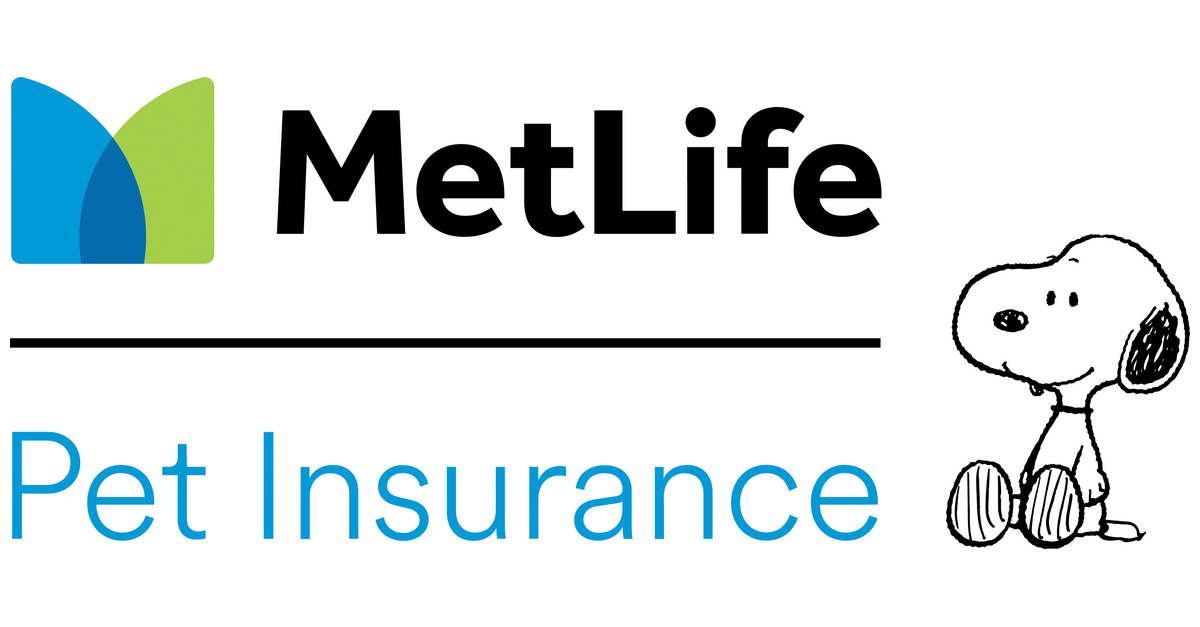Zyrtec for Dogs: Is It Safe?

Medication details
- Medication type: Antihistamine
- Form: Liquid, Capsule, Tablet
- Prescription required? Available with and without a prescription
- FDA approved? No
- Brand names: Zyrtec, Aller-Tec
- Common names: Cetirizine
- Available dosages: 5 mg tablet, 10 mg tablet, 10 mg capsule, 10 mg chewable tablet, 1 mg/ml liquid
- Expiration range: Approximately 2 years
Just like their owners, every dog experiences an occasional itch on their skin. In some cases, however, that itching moves beyond the occasional itch, turning into a recurring issue. Chronic itching can have a number of different causes, the most common of which is allergic skin disease.
Canine allergies can be challenging to manage. Veterinarians and pet owners often turn to a wide variety of dog allergy medicines in an effort to provide relief, including antihistamines such as Zyrtec.
What is Zyrtec?
Zyrtec, also known by the generic name cetirizine, is a second-generation antihistamine. It was developed in the 1980’s, with the goal of treating allergy symptoms while minimizing some of the side effects associated with Benadryl (diphenhydramine) and other first-generation antihistamines.
Zyrtec is FDA-approved for use in humans only. However, it is frequently used “off-label” as an allergy medicine for dogs. Although the manufacturer of Zyrtec has not pursued the research and testing needed to receive FDA approval for its use in dogs, veterinarians have prescribed Zyrtec for canine patients for many years. Its use has been studied both in veterinary patients and in the laboratory environment.
Zyrtec can be purchased at any human drugstore, and the generic version may also be available directly from your veterinarian. Just be sure to talk to a veterinarian before using to get specific dosing recommendations for your dog.

This section features an affiliate link, meaning GreatPetCare may earn a small commission if you click through and make a purchase.
What Does Zyrtec Look Like?
Zyrtec for dog allergies is most commonly supplied as a white, uncoated tablet. You may also find it as a colorless to pale yellow liquid suspension. Most veterinarians recommend tablets for larger dogs and the liquid suspension for small-breed dogs.
Zyrtec is also available as a chewable children’s tablet. However, it’s best to avoid the chewable version of Zyrtec for dogs. Some flavors and formulations may contain xylitol, an artificial sweetener that is toxic to dogs.
Liquid-filled capsules are also available, but these are larger than tablets and therefore less convenient for dogs.
Is Zyrtec Safe for Dogs?
Zyrtec, or cetirizine, is generally regarded as a safe medication for most dogs. In healthy dogs with no underlying medical conditions, and when given at appropriate doses, significant side effects are rare. When side effects do occur, they tend to be minimal.
However, not every dog is a good candidate for Zyrtec. Always talk to your veterinarian before giving your dog Zyrtec or any other over-the-counter medication. Your veterinarian is familiar with your dog’s medical history and risk factors. They can make the best medication recommendations for your individual dog.
Combination products containing Zyrtec can be highly toxic to dogs. For example, Zyrtec-D combines Zyrtec and a decongestant. Decongestants have a number of serious side effects in dogs and can even be fatal. Therefore, Zyrtec-D is NOT safe for dogs.
How Does It Work?

Zyrtec is an antihistamine. It works against histamine, a chemical substance produced during an allergic reaction. Histamine is responsible for many of the effects that we associate with allergies in dogs, such as itching and skin inflammation.
Zyrtec blocks the receptors on which histamine acts. This minimizes the impacts of histamine, reducing itching, inflammation, and other signs of allergies.
What Is Zyrtec Used For in Dogs?
Zyrtec is an allergy medicine for dogs. It is frequently used to treat skin itching and inflammation associated with atopic dermatitis, a condition caused by a reaction to inhaled allergens. Zyrtec can also be used to treat other allergic reactions, including insect bites and stings and hives.
Common applications for Zyrtec in dogs include:
- Atopic dermatitis (atopy)
- Insect bites and stings
- Hives
Your veterinarian may also recommend Zyrtec to treat other allergic conditions. If Zyrtec doesn’t help or something else is needed, your veterinarian can recommend the appropriate treatments and testing.
Allergies in dogs manifest in many ways, including scratching and itching, sneezing, coughing, hives, skin infections, ear infections, and more. Pet insurance can help cover the costs associated with testing and treatment. Consider a plan with MetLife to help manage costs in diagnosing and treating your dog with allergies.

- Get up to 90% of your bill reimbursed.
- No breed exclusions or upper age limits.
- Coverage for accidents start immediately.
How to Give This Medication to Dogs
Zyrtec is typically given as a flavorless tablet or a liquid medication. In its generic form, cetirizine may be available as compounded liquid medication in a variety of flavors from your veterinarian. Zyrtec is given once daily and can be given with or without food.

Side Effects of Zyrtec for Dogs
Zyrtec is typically associated with minimal side effects in dogs. It’s less likely to cause sedation than other antihistamines, though drowsiness may occur at high doses. In contrast, some dogs become more excitable after taking Zyrtec.
Gastrointestinal effects, such as vomiting and diarrhea, may occur but are also relatively uncommon. You may also notice decreased appetite and increased salivation, both of which may indicate nausea.
Side effects to watch for with Zyrtec include:
- Drowsiness
- Hyperexcitability
- Vomiting
- Nausea
- Increased salivation
- Decreased appetite
- Diarrhea
If you see any of these side effects, stop giving Zyrtec and contact your veterinarian. Fortunately, any side effects associated with Zyrtec should wear off within approximately 24 hours.
Dogs with the following conditions may be at higher risk of side effects from Zyrtec:
- Seizure disorder
- Glaucoma
- Urinary issues
- Constipation
- Pregnancy
- Nursing mothers
If your dog has one of these conditions, avoid giving Zyrtec unless it is under the guidance of your veterinarian.
Avoid Zyrtec-D or any other formulations that may contain a decongestant. Pseudoephedrine, a common decongestant in human medications, is highly toxic to dogs.
Reactions With Other Drugs and Medications
Cetirizine can interact with a number of commonly-used veterinary drugs, including digoxin, selegiline, amitraz, ketoconazole, fluconazole, and azithromycin. Zyrtec can also worsen the drowsiness that may be caused by sedatives and anxiety medications.
Talk to your veterinarian before combining cetirizine with any other prescription or over-the-counter medications.
Zyrtec Dosage for Dogs

Your veterinarian will determine the best dose for your dog, based on your dog’s body weight, the severity of your dog’s allergies, and your dog’s expected susceptibility to side effects.
Zyrtec is typically given once daily.
Cost of Zyrtec for Dogs
Zyrtec is an inexpensive medication, especially when purchased in its generic version (cetirizine). In general, you can expect to spend less than $30 per month for your dog’s cetirizine.
Zyrtec Storage Instructions
Zyrtec tablets and liquid suspension do not require refrigeration.
Zyrtec can be stored at room temperature, on a counter or in a medicine cabinet.
